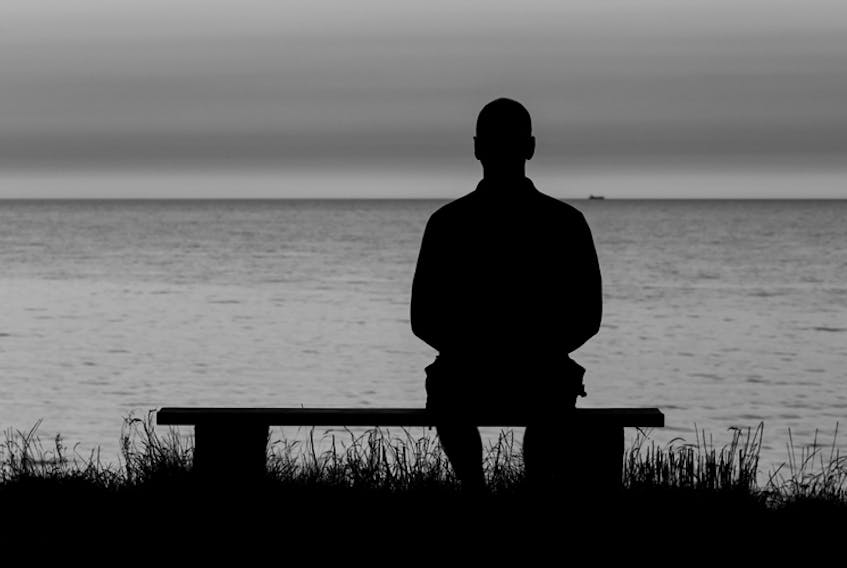I am so lonely, I could cry…
Hank Williams, Elvis, Bobby Vinton and even Akon are just a few who have sung about being lonely.
The loneliness epidemic is growing and it’s influencing our resilience and eventually our health. In a large study done recently just over half of the nearly 20,000 subjects reported always or sometimes feeling alone. Of them, one in four said they rarely or never feel as though they have close friends or family members who truly understand them.
Does this not seem strange with the explosion of social media? How can this be? Does this prove that these services really do not connect us but actually grow the disconnect between us?
This problem has become so serious, Prime Minister Theresa May of Britain recently appointed a minister of loneliness. This was sparked after a large report showed millions consider TV to be their main source of company. People feel closer to Anderson Cooper than their family or friends. Studies show that without human contact our risk of functional decline increases, as does the threat of clinical dementia. Even Asia has seen a 50-per-cent jump in rates of loneliness among adults from 1992 to 2008.
How bad is it on our health? Loneliness is on par with smoking and obesity in terms of impact on a person’s risk for death. Loneliness causes our immune systems to function less efficiently which, over time, puts us at increased risk for developing all kinds of illnesses.
"Lonely adults consume more alcohol and get less exercise than those who are not lonely. Their diet is higher in fat, their sleep is less efficient, and they report more daytime fatigue. Loneliness also disrupts the regulation of cellular processes deep within the body, predisposing us to premature aging."
Dr. John Cacioppo, Director of the Center for Cognitive and Social Neuroscience at the University of Chicago
What does it mean to be lonely? This is a very subjective experience. Loneliness, according to many experts, is not necessarily about being alone. Instead, if you feel alone and isolated, then that is how loneliness plays in your head. So, it does not matter how many friends you have on social media, how many likes you get on a post or even how many people are around you in the run of a day. It related more to how socially and emotionally disconnected you feel. A prime example is that more than 60 per cent of married people are lonely, proving it is about more than just being around other people.
Loneliness can be contagious. In a 10-year study, researchers examined how loneliness spreads in social networks. The results indicated people close to someone experiencing loneliness were 52 per cent more likely to become lonely as well.
To be clear, we all have this feeling. It is normal. It is when it lasts for weeks, months, years where the negative health effects happen.
For both the Q-Life (University resilience growth project) and GRIT (employee resilience project), initiatives I am leading, I evaluate social agility and intelligence as well as family unity. I have always felt this a major component of sustaining a person’s resilience. Many understand the role physical activity, nutrition, mindfulness and having a purpose play in our lives but don’t put the weight on loneliness it deserves or needs. If you are looking to build your resilience battery, you need to work on this.
Here are some of the statements I have participants think about and you should consider:
- I am good at getting in touch with new people
- I easily establish new friendships
- It is easy for me to make other people laugh
- I enjoy being with other people
- I have some close friends/family members who really care about me
- I have some close friends/family members who are good at encouraging me
- I am quickly notified if some family members get into a crisis
- I am open to discussing personal matters with friends/family members
- There are strong bonds between my friends
If you would answer strongly disagree or disagree with many of these, maybe it is time to seek out some help. Check out what support networks you have in your community to grow your resilience, your social skills or address family unity. I have worked with many amazing psychologists who can help with this.
Here are just a few tips to battle the feeling of loneliness:
- See it as just a sign that change is needed. It is just a state you are in. It is not you.
- Develop relationships with people who share common values, interests and attitudes.
- Expect the best. Maintain your optimism.
- As always, just small steps. Spend a little longer in a meaningful conversation, go to a coffee shop with a friend.
- Meet people in real life!
- Smile more.
- And, of course, seek professional help if you feel you need it.
Remember it is not just about being around people. It is quality time, not quantity. Think of the people you would call in the middle of the night to help you. Hang with these people more often. Think of the people who make you feel uplifted when you part; spend more time with those people.
Stay resilient.
Darren Steeves is the owner of VenduraWellness.com, a company dedicated to improving organizational health one step at a time.









